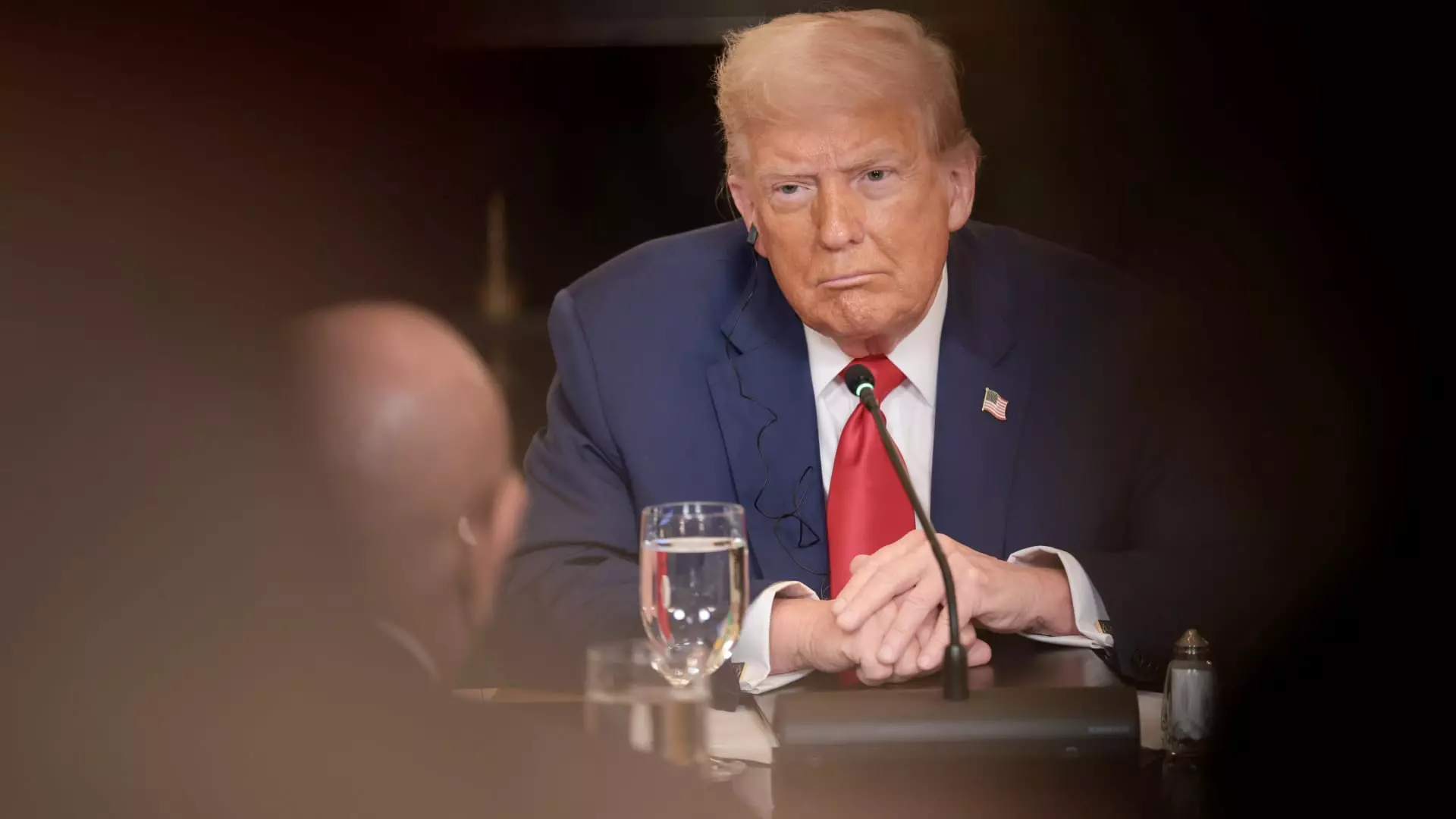The vigorous calls to unseal Jeffrey Epstein’s grand jury transcripts reveal a profound tension between the public’s desire for transparent justice and the imperative to protect sensitive legal processes. When President Trump publicly requests the unsealing of these documents, it underscores a broader frustration with perceived opacity in high-profile criminal cases involving influential figures. Supporters argue that withholding these files fuels speculation, conspiracy theories, and a sense of injustice among the public, especially given Epstein’s connections with power elites. Yet, there is a compelling argument that such records are sealed for valid reasons — to preserve the integrity of ongoing investigations, protect the privacy of potential victims, and prevent interference with the judicial process.
Unsealing grand jury transcripts is an act fraught with risks. While transparency is vital in a democratic society, so too is the protection of justice procedures that ensure fair trials. These transcripts, often riddled with sensitive information and confidentiality constraints, are rarely released, especially in cases with complex and damaging allegations involving high-profile individuals. The attempt to pressure the courts to expose such information raises questions about whether politics are overshadowing the rule of law. Given the precedent that federal judges generally treat grand jury secrecy as sacrosanct, it is unlikely that political pressure alone will lead to a full public release without judicial backing.
Epstein’s Case as a Symbol of Systemic Failures
The Epstein saga exposes how the nexus of wealth, influence, and power creates a system that can seemingly evade accountability for the most heinous crimes. His relationships with figures like Clinton, Prince Andrew, and others serve as stark reminders of a revolving door—where justice often seems bypassed for the elite. The fact that the public remains divided over whether Epstein’s death was a suicide or a murder further fuels the narrative of systemic cover-ups and elite impunity. These doubts undermine faith in the justice system, especially when official reports dismiss allegations of blackmail or political coercion linked to Epstein’s alleged network.
The release of additional files, including any potential client list or evidence of blackmail, could serve as a catharsis for a public frustrated by decades of silence and perceived complicity. However, critics must acknowledge that even if such documents are made public, they may not necessarily deliver the groundbreaking revelations some hope for. The justice system is built on procedures that, while imperfect, aim to prevent witch hunts and protect innocent individuals until proven guilty. To rush headlong into unsealing sensitive evidence without thorough vetting risks inflaming hysteria, damaging reputations unjustly, or sabotaging ongoing investigations.
Political Implications and the Risk of Weaponization
President Trump’s involvement and framing of the Epstein files as a “scam” orchestrated by Democrats construct a narrative that weaponizes transparency for partisan gain. While it’s understandable that political actors are eager to portray their opponents as shielded by secrecy, such strategies threaten the impartiality of justice. The release of sensitive evidence in a hyper-polarized environment might serve broader political objectives rather than uncovering truth. This risks transforming what should be a matter of legal integrity into a battleground for electoral or ideological combat.
The mixed messages from GOP figures and the White House highlight a fragile consensus — some want the files released to satisfy public curiosity, while others fear that such an act could jeopardize judicial fairness. The memo by the FBI dismisses claims of blackmail or a “client list,” yet it cannot quell all doubts among skeptics who believe the true extent of the scandal remains hidden. If the files are released, the political fallout could be severe: accusations of miscarriage of justice, claims of cover-up, or even extrajudicial justice demands from members of the public fed up with perceived elitist complicity.
The Ethical Dilemma: Justice versus Privacy
At its core, the debate about Epstein’s files reveals a profound ethical dilemma: Should the quest for transparency override the principles of justice and privacy? Victims’ rights, the integrity of the judicial process, and the presumption of innocence must be balanced against the public’s right to know and the societal demand for accountability. While the allure of exposing potentially damning evidence is tempting, especially in an era where “truth” often feels elusive, rushing to unseal documents without safeguarding procedures can cause more harm than good.
A centrist liberal perspective recognizes the importance of transparency but emphasizes the need for judicious restraint. The goal should not be sensationalism or political spectacle but a careful, methodical approach that ensures justice is served without infringing on rights or undermining the legal process. In doing so, trust in institutions can be strengthened rather than eroded, fostering a society that values accountability without descending into chaos or conspiracy.
The Epstein case remains a haunting reminder of how interconnected influence, secrecy, and justice have become. Unsealing these files should not be rooted in petty politics or sensationalism but driven by a genuine commitment to uncovering the truth responsibly. Only through a careful, balanced approach can a society hope to address the deeper questions about justice, accountability, and the corrupting influence of unchecked power.

